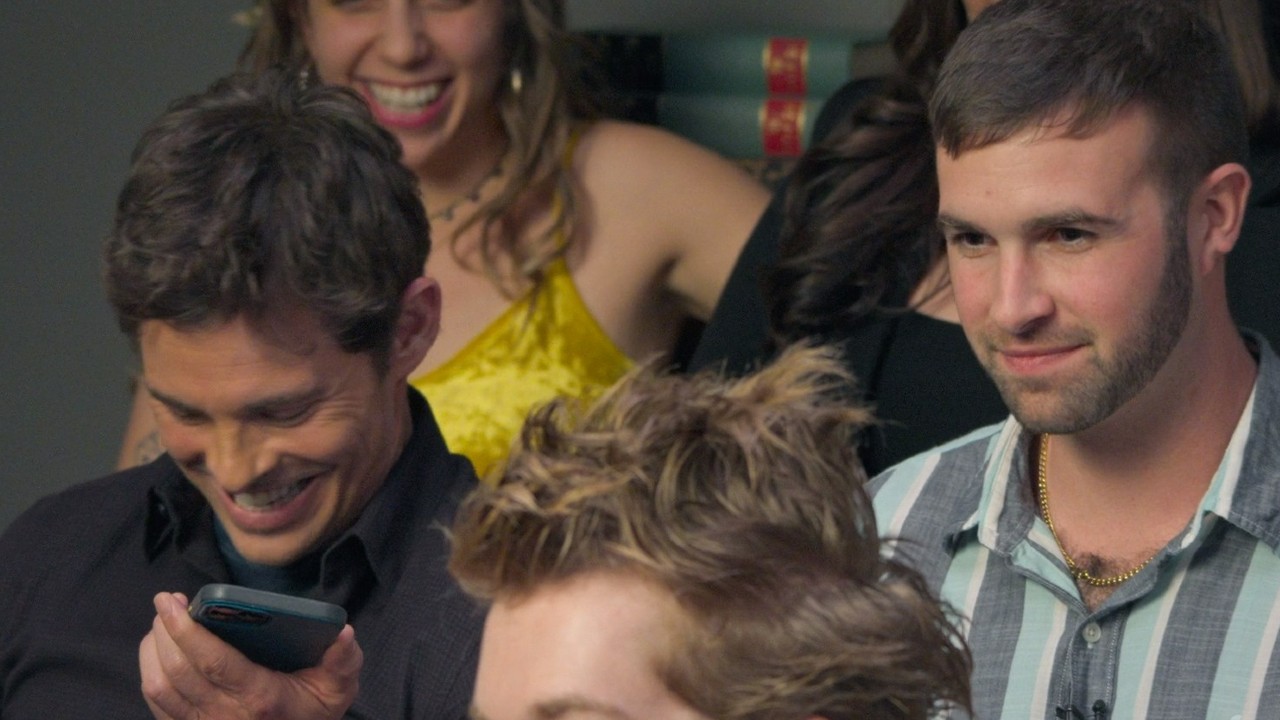The Killing Of A Sacred Deer Ending Explained: Does Steven Have Any Control?
Is Martin controlling everything?
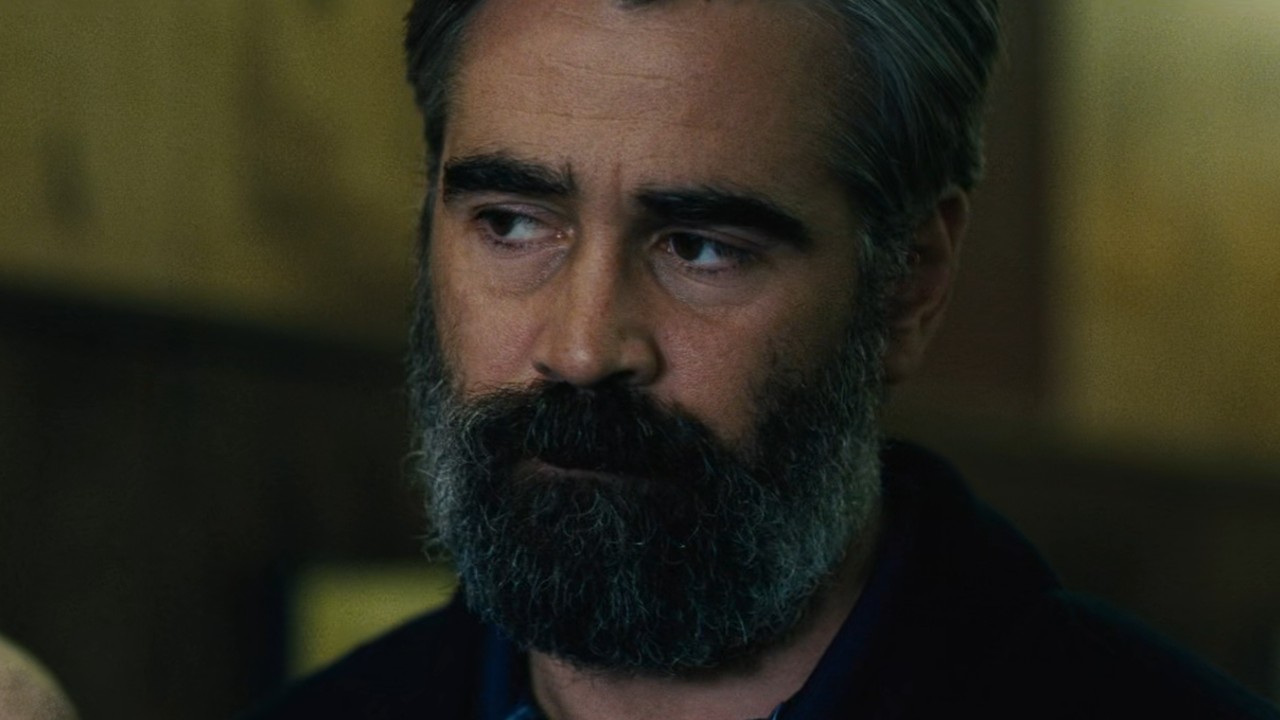
Yorgos Lanthimos’s films show that he appreciates the strange and unusual, because they are often strange and unusual. We have seen examples of this with Poor Things, The Lobster, and even to some degree, The Favourite. The Killing of a Sacred Deer is probably his most strange. It is traumatic and marvelous.
It is hard to define this film because it crosses genres. This helps make it a memorable movie experience. The Killing of a Sacred Deer ending especially leaves a lasting impression. The film forces Steven (Colin Farrell) to make an impossible decision. However, does he ever really have a choice?
Warning: The Killing Of A Sacred Deer Spoilers ahead. Proceed with caution.
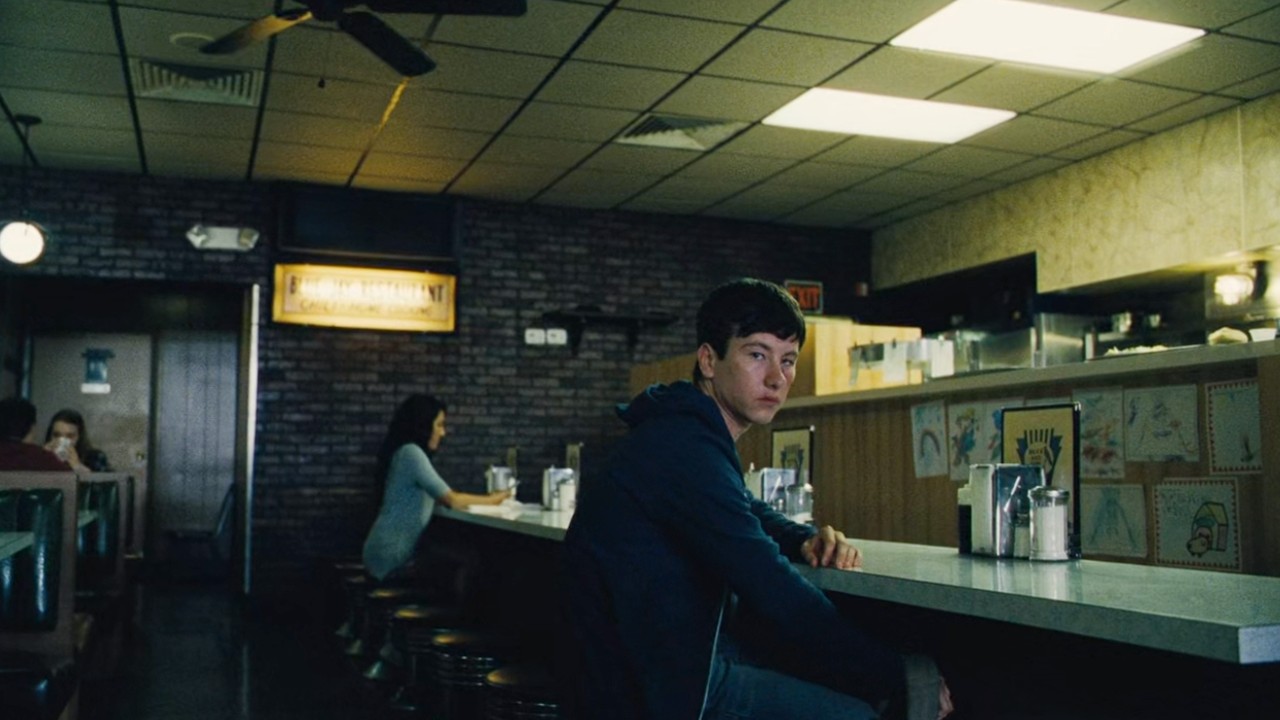
What Happened At The End Of The Killing Of A Sacred Deer?
After a few failed attempts to make Martin lift his curse, and Steven still torn between which family member to kill, Bob’s (Sunny Suljic) eyes begin to bleed. This means Steven must decide who to kill. He gathers the family in the living room. Steven tapes them to various pieces of furniture, tapes their mouths, and places a pillowcase over the heads of Bob, Anna (Nicole Kidman), and Kim (Raffey Cassidy). He then covers his eyes with a hat and spins with a loaded rifle. He lands on Kim and misses. He tries again and lands on Anna and also misses. Finally, he lands on Bob and succeeds. Steven kills Bob.
Sometime later, Martin (Barry Keoghan) sees the family (minus Bob) in the diner. The film ends with them all walking out but Martin staring at them.
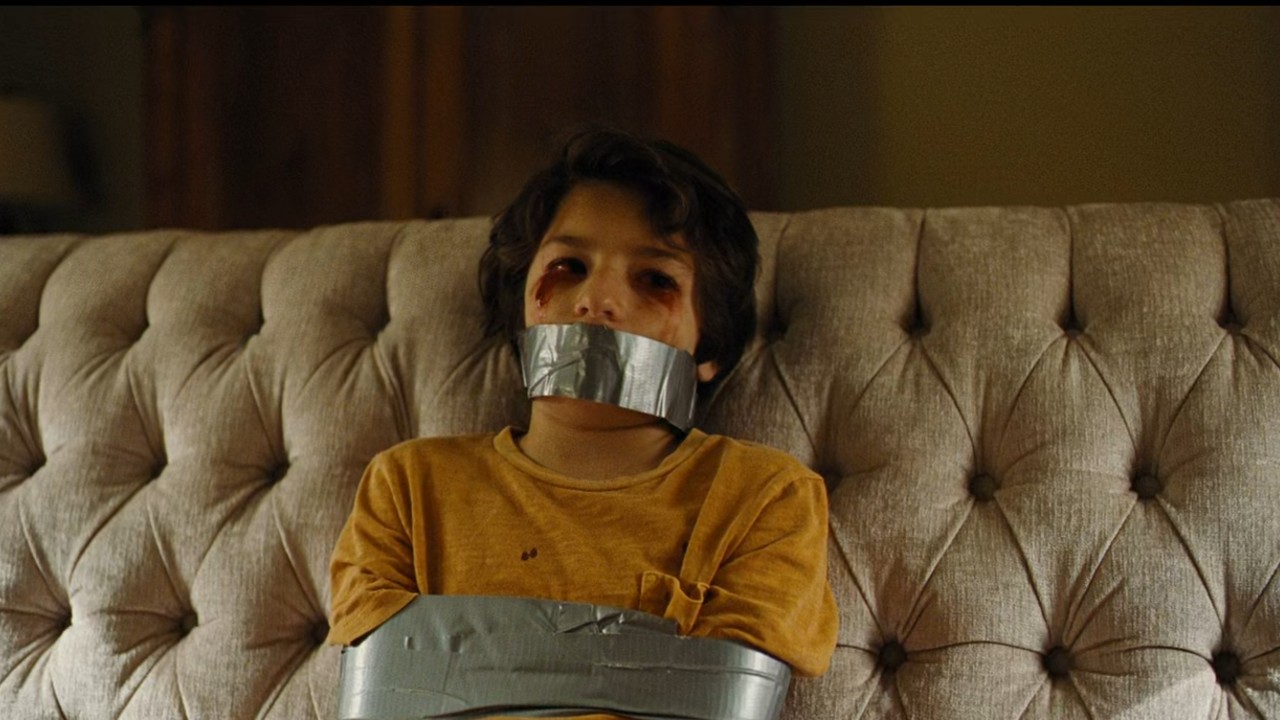
Did Steven Have A Choice In Who Died?
The Killing of a Sacred Deer plays around with the idea of choices and forced destiny. It allows the audience to make conclusions about Steven’s free will. Does he actually decide who dies? In a basic yes or no way, it seems like he does because he has the option to pick which family member dies, or he can decide to let them all die. Clearly, the fact that he’s being forced to make such an impossible decision leaves him very little control of the situation.
Steven may have even less control of the situation than he knows. Bob was always going to die. It was always Martin‘s choice and not Steven’s choice. Martin wanted Steven to sacrifice Bob and ensured it with whatever control he had over this curse. Let’s examine Steven’s attempt to kill either his wife, daughter, or son.
Your Daily Blend of Entertainment News
Steven tries to leave the decision to fate by blindly shooting. However, the gun manages to miss Anna and Kim, but perfectly lands on Bob. Now, you can argue that his blind aiming got better with each attempt. Therefore, that explains why the final shot lands on Bob. That could be true. It could also be true that Martin always planned for Bob to die. In a justice or eye for an eye sort-of-way, it makes the most sense.
Steven left Martin fatherless, so he wants to leave him sonless. Plus, at the beginning of the movie, Martin is seemingly trying to use Steven as a replacement father. Martin and Steven will likely have no more contact but in Martin’s twisted mind, maybe eliminating Bob opens the possibility of him becoming Steven’s replacement son.
Bob also was the family member most hostile towards Martin. He could have just not liked the kid and wanted him gone. Bob was also the first to experience Martin’s curse and was going to die first anyway. He seemed marked for death from the beginning. It was also the death that would hurt the family the most as the most innocent and youngest member.
Steven may have had a choice on whether to let the entire family die or not, but I don’t believe he had a choice on which family member would die.
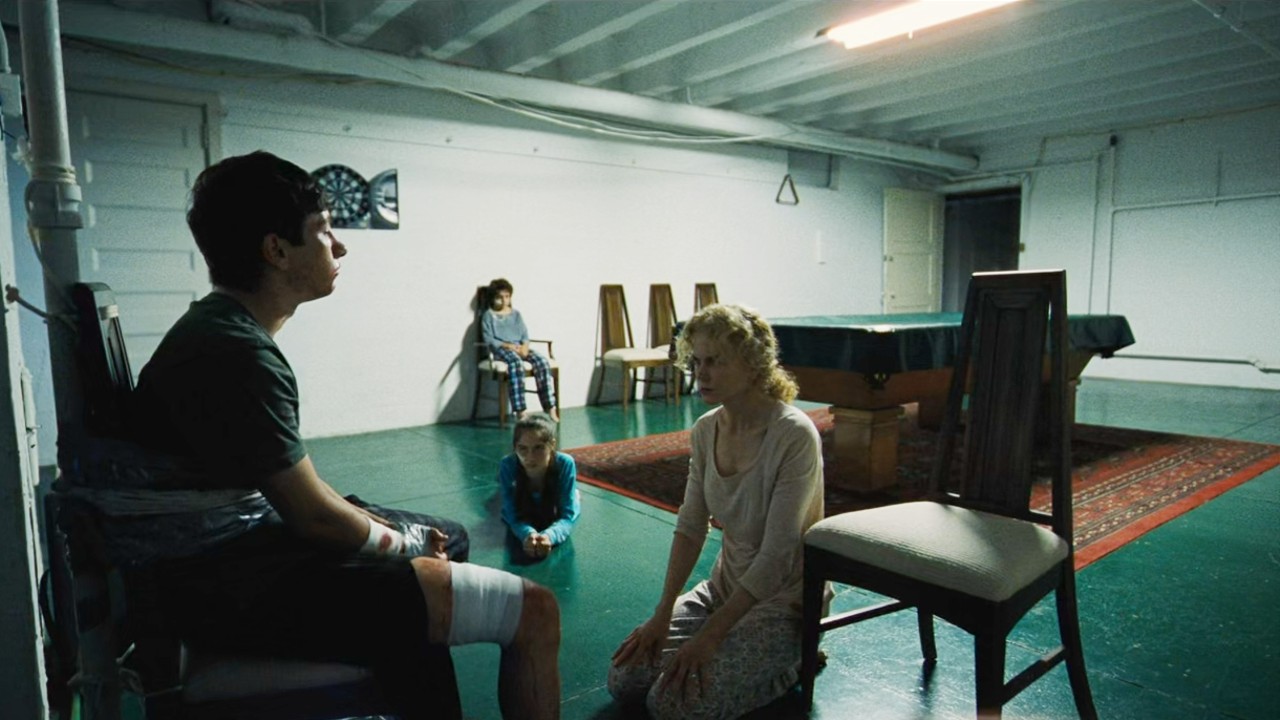
Is Martin Getting Revenge Or Justice?
This all happens because Steven accidentally killed Martin’s dad. If you believe in restoring order by sacrificing one life to atone for the taking of another, then you may see Martin’s actions as justice. He avenges his father. Steven also isn’t exactly completely innocent because he was drinking before the surgery. Martin is enacting some justice for his father’s probably-could-have-been-avoided death.
However, I think Martin’s actions are acts of revenge, not justice. We don’t know details about how exactly their relationship starts, but it seems like Martin is fine with the situation as long as Steven does everything he wants. When Steven rejects him and pushes back on dating Martin’s mother, Martin decides to put this curse on the family.
He likely had this image that he could make Steven his new father. When he doesn’t want his mother, it begins Martin’s need for his version of justice. This justice is just revenge towards Steven for killing Martin’s father. Justice and revenge kind of live in the same world here. That’s what makes this a great revenge movie. They seem so interchangeable depending on your perspective.
You also have to remember that Martin is grieving, and like many who lash out when in pain, this curse could seem like a way to cure that hurt. It’s an interesting film about grief because of how it’s manifested in it.
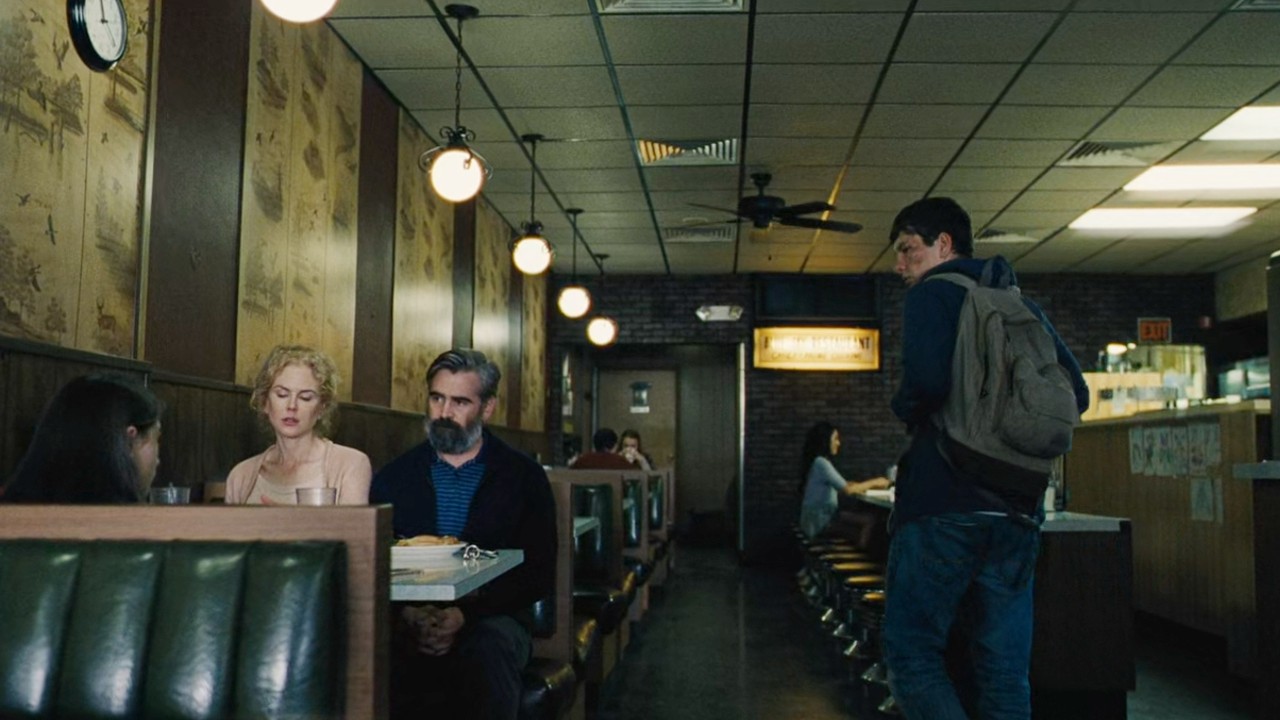
The Art Of Uncertainty
After watching many Lanthimos interviews and with the cast of The Killing of a Sacred Deer, the director doesn’t want to give you answers. He may know why and how things happen and have secret long backstories, but he doesn’t share them. Lanthimos lives comfortably in a world of no answers, just more questions. In an LA Times interview, the Greek director shared that part of constructing the script came with the idea of creating “an impossible equation with an impossible answer.” The layers and premise of The Killing of a Sacred Deer make it so that every way you interpret it, there is another way to see it.
You could see Martin as the villain, but you can also see him as a grieving boy lashing out at his father’s murderer. If this was a straightforward vengeance movie, then Martin may be viewed as the hero.
He may seem disconnected from everything, but that could be his way of grieving, or just his personality. That doesn’t mean he has no emotions. Steven is also someone who did a lot of questionable things, including surgery while intoxicated and lying to his family. However, you see more humanity in him. You see him as someone who loves his family, so it’s easier for viewers to sympathize with him.
The Killing of a Sacred Deer doesn’t provide easy answers and that’s what makes it such a fascinating film. Lanthimos further explained to Pop Matter that one of his purposes when making the movie was to allow viewers to fill in the blanks with their thoughts and interpretations:
Whether we are talking about a curse, something spiritual, something that doesn’t exist, or whether it is all in their minds and is something very physical that manifests itself from their state of mind and their thoughts, we constructed this film to allow people to get into the film through any door they wanted. I think that’s the great thing about making a film this way in that people, according to who they are and how they think, can have their own interpretation.
The film works so well because it allows you to just live in its world and decide how you interpret it all. The Killing of a Sacred Deer is one of the best movies to watch if you like Barry Keoghan and if you like Colin Farrell. The film and their performances will stay with you.
For more Yorgos Lanthimos content, check out CinemaBlend’s interview with the director and Emma Stone.

Spent most of my life in various parts of Illinois, including attending college in Evanston. I have been a life long lover of pop culture, especially television, turned that passion into writing about all things entertainment related. When I'm not writing about pop culture, I can be found channeling Gordon Ramsay by kicking people out the kitchen.
